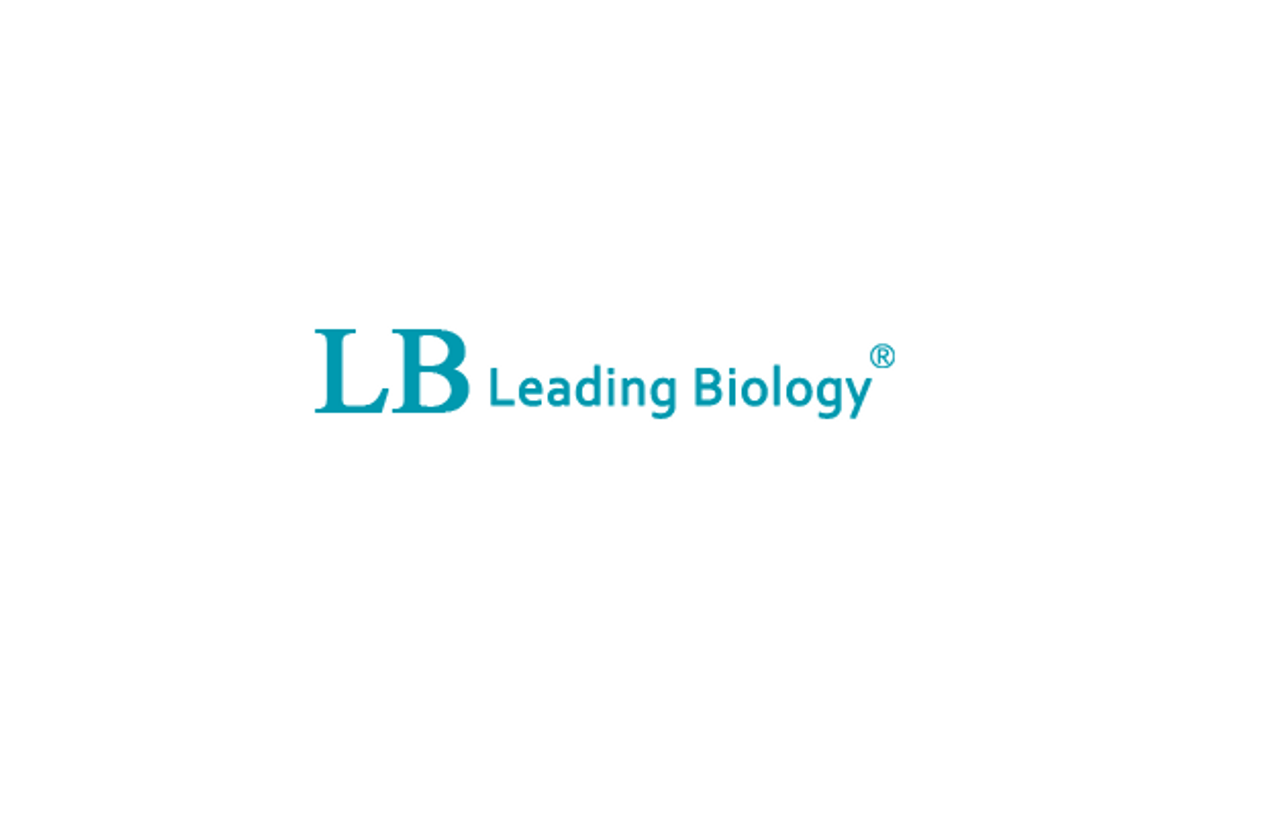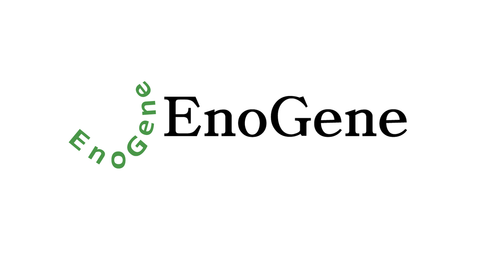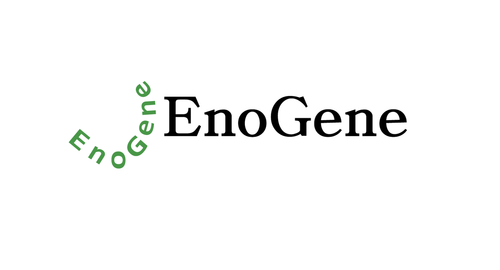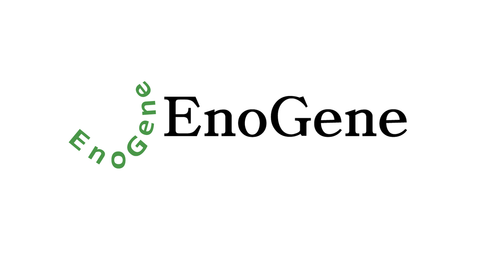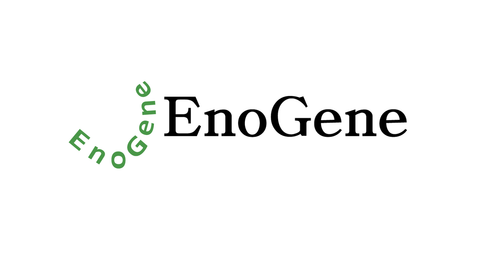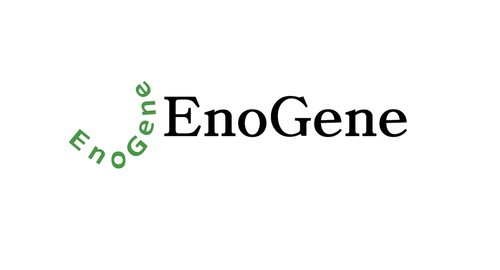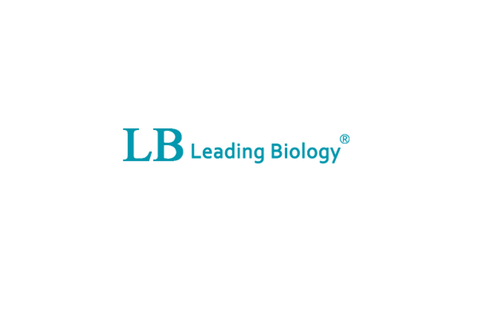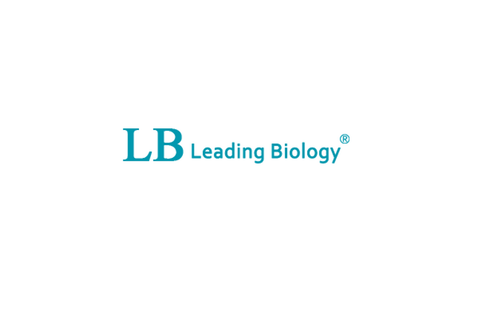Product Description
Recombinant Human PCSK9 Protein (C-His Tag) | PH0101M1 | Leading Biology
Short Description: Proprotein convertase subtilisin/kexin type 9 (PCSK9) is an enzyme encoded by the PCSK9 gene in humans on chromosome 1. It is the 9th member of the proprotein convertase family of proteins that activate other proteins. Similar genes (orthologs) are found across many species. As with many proteins, PCSK9 is inactive when first synthesized, because a section of peptide chains blocks their activity; proprotein convertases remove that section to activate the enzyme. The PCSK9 gene also contains one of 27 loci associated with increased risk of coronary artery disease. This protein plays a major regulatory role in cholesterol homeostasis, mainly by reducing LDLR levels on the plasma membrane. Reduced LDLR levels result in decreased metabolism of LDL-particles, which could lead to hypercholesterolemia. When LDL binds to LDLR, it induces internalization of LDLR-LDL complex within an endosome. The acidity of the endosomal environment induces LDLR to adopt a hairpin conformation. The conformational change causes LDLR to release its LDL ligand, and the receptor is recycled back to the plasma membrane. However, when PCSK9 binds to the LDLR (through the EGF-A domain), PCSK9 prevents the conformational change of the receptor-ligand complex. This inhibition redirects the LDLR to the lysosome instead.
Product Type: Cytokine
Form: lyophilized
Purity: Greater than 95% by SDS-PAGE
Storage: -70°C
Buffer: 0.2 μm filtered PBS, pH7.4
 Euro
Euro
 USD
USD
 British Pound
British Pound
 NULL
NULL

